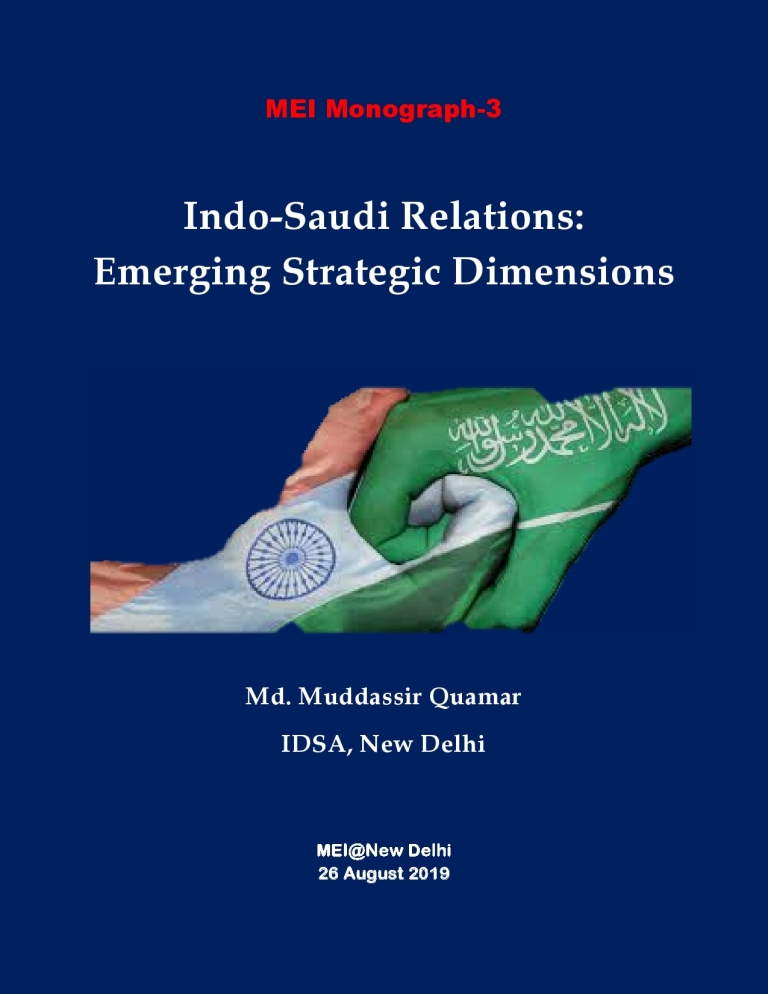Breaking
- MENU
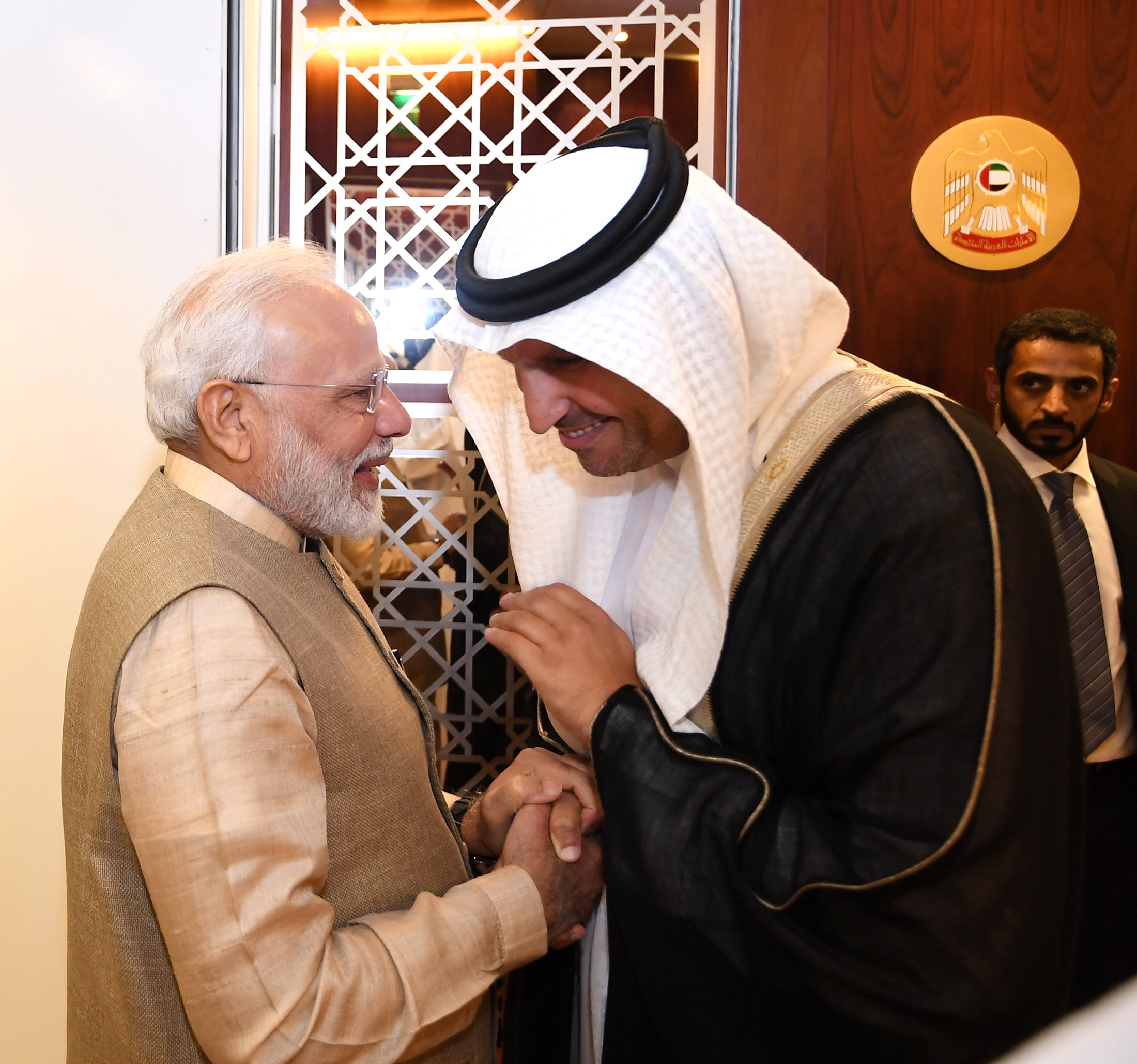
Prime Minister Narendra Modi undertook a visit to the UAE and Bahrain over the weekend. This was his third visit to the UAE in four years and the first ever by an Indian Prime Minister to Bahrain. The visits underline India’s growing proximity with the Arabian Gulf countries. In the UAE, the Prime Minister met with the Crown Prince of Abu Dhabi, Mohammed bin Zayed al-Nahyan and discussed important bilateral, regional and international issues of mutual interest. He also received the “Order of Zayed”, the highest civilian award of the UAE which had been conferred on him in April 2019 in recognition Modi’s contribution in strengthening the bilateral ties between India and the UAE and for his distinguished leadership.
The Indian Prime Minister also launched the RuPay card in the UAE, which became the first country in West Asia and the third, after Singapore and Bhutan, to accept payments from the indigenous Indian card. A MoU on acceptance of the RuPay card was signed between the National Payments Corporation of India (NPCI) and Mercury Payments Services of the UAE “to establish a technology interface between the payment platforms” in the two countries in the presence of Prime Minister Modi, who then launched the card by making a special purchase of offering (“Prasad”) at the Shreenathji Temple in Bahrain.
In Bahrain, the Indian Prime Minister was received warmly and was awarded the King Hamad Order of the Renaissance, the highest civilian award of Bahrain. In his acceptance speech Prime Minister Modi underlined the significance of the award as recognition of the “thousands of years” old “close and friendly relations” between India and Bahrain. King Hamad bin Isa al-Khalifa hosted a banquet dinner in the honour of Mr. Modi. The Prime Minister held bilateral talks with his Bahraini counterpart, Khalifa bin Salman al-Khalifa and discussed a gamut of bilateral, regional and international issues of mutual interest.
Prime Minister Modi also met with Deputy King and Crown Prince of Bahrain Salman bin Hamad bin Isa al-Khalifa and exchanged views on the way forward for strengthening the bilateral ties. Earlier, Prime Minister Modi addressed a group of 15,000 Indians at the Bahrain National Stadium and appreciated their role in economic development of the Kingdom and in promoting bilateral ties between India and Bahrain. The Kingdom has a strong presence of 350,000 Indians which is the largest expatriate community in Bahrain. The Indian community is respected for its hard work and contribution to the Bahraini economy.
In Manama (capital of Bahrain), Prime Minister Modi visited and prayed at the 200-year-old Shreenathji (Shree Krishna) Temple, the oldest temple in the Gulf and also launched the renovation project of the temple to be completed at a cost of US$ 4.2 million. The temple is a symbol of the pluralistic and accommodative culture of Bahrain and this was appreciated by the Prime Minister. The three-day visit of the Indian Prime Minister to the Gulf acquires significance because of India’s growing bilateral relations with the regional countries as well as given the tense geo-political situation in the region. India favours a negotiated solution to all the regional disputes and has been closely watching the developments in the Gulf due to rising tensions between the US and Iran and some disruptions to flow of shipping in the Gulf waters. Any major disturbance in the Gulf will directly impact India’s energy security as well as the 8.5 million strong Indian expatriates in the region. Hence, India has urged all sides to exercise restraint.
Further, the visit acquires importance because of the recent developments in South Asia. New Delhi’s decision to revoke the special status of Jammu & Kashmir and change its administration into two Union Territories of J&K and Ladakh has been criticised by Islamabad despite it being an internal matter of India. However, India has received wide support from its important Gulf Arab partners, including the UAE, Bahrain and Saudi Arabia.
The visit of the Prime Minister Modi will go a long way in further strengthening political, economic and security ties between India and the Gulf, especially with the UAE which has emerged as New Delhi’s foremost partner in West Asia in the last five years.
Note: This article was originally published in Air World Service on 26 August 2019 and has been reproduced with the permission of the author. Web link
As part of its editorial policy, the MEI@ND standardizes spelling and date formats to make the text uniformly accessible and stylistically consistent. The views expressed here are those of the author and do not necessarily reflect the views/positions of the MEI@ND. Editor, MEI@ND: P R Kumaraswamy
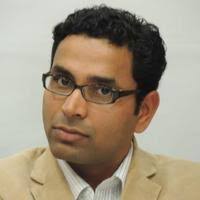
Md. Muddassir Quamar is an Associate Fellow in Manohar Parrikar Institute for Defence Studies and Analyses, New Delhi. He holds a Ph.D. in Middle East studies from Jawaharlal Nehru University and his doctoral thesis focused on social dynamics in Saudi Arabia in the context of the tensions between two seemingly non-harmonious trends; Islamization and modernization. He has a broader interest in Gulf societies, political Islam, Middle East geopolitics and India’s relations with the Middle East. He has co-authored two books India’s Saudi Policy: Bridge to the Gulf (Palgrave Macmillan, 2019) and Persian Gulf 2019: India’s Relations with the Region (Palgrave Macmillan, 2020). He is currently working on a manuscript on education reforms in Saudi Arabia. He has co-edited four anthologies, including Changing Security Paradigm in West Asia: Regional and International Responses (Knowledge World, 2020), Political Violence in MENA (Knowledge World, 2020), Islamic Movements in the Middle East: Ideologies, Practices and Political Participation (Knowledge World, 2019) and Contemporary Persian Gulf: Essays in Honour of Gulshan Dietl, Girijesh Pant and Prakash C. Jain (Knowledge World, 2015). His research papers have appeared in leading international journals such as Asian Affairs, Strategic Analysis, India Quarterly, Contemporary Arab Affairs, Digest of Middle East Studies, Journal of Arabian Studies and Journal of South Asian and Middle Eastern Studies. As part of his project in MP-IDSA, Dr. Quamar authored a monograph on Erdogan’s Turkey: Politics, Populism and Democratisation Dilemmas. Since 2018, he has served as the Book Review Editor for Strategic Analysis, the flagship journal of MP-IDSA published in association with Taylor & Francis. In May 2020, he edited an MEI Monograph Middle East Fights Covid-19: A Fact Sheet with contributions from students pursuing Masters in IR in JNU. He regularly contributes Op-Ed articles on developments in the Persian Gulf, Middle East and India’s relations with the region for Indian and international forums. In 2014-15, he was a Visiting Fellow at the King Faisal Center for Research and Islamic Studies, Riyadh. Dr. Quamar has been associated with the Middle East Institute, New Delhi, in various capacities since its foundation and serves as Associate Editor of its flagship journal, the Contemporary Review of the Middle East published by Sage, India.
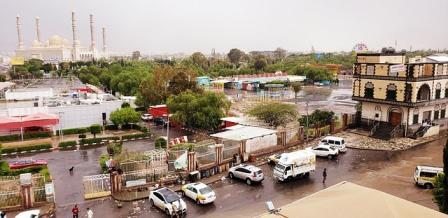
On January 17, 2022, the United Arab Emirates (UAE) was rocked by two attacks after drone attacks ta.....
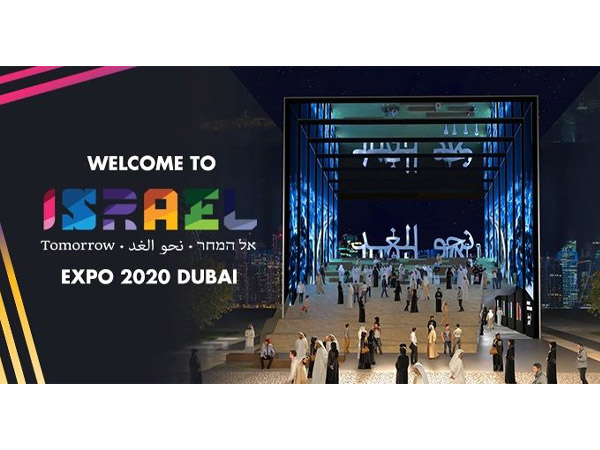
Within a span of just over a year since the announcement of the Abraham Accords, between Israel and .....
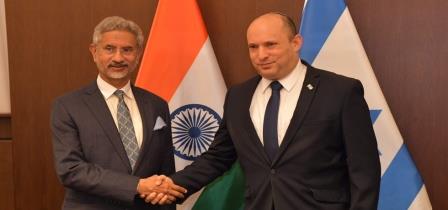
External Affairs Minister S. Jaishankar’s visit to Israel signifies the burgeoning Indo-Israel.....
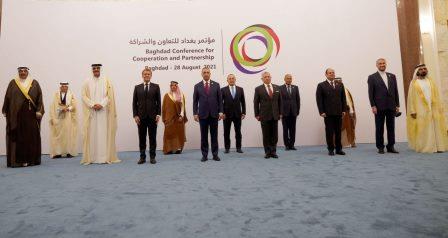
On 28 August 2021, Iraq hosted the first “Baghdad Conference for Cooperation and Partnership&r.....
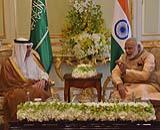
Recent developments in Afghanistan–the US military withdrawal and return of Taliban– has.....
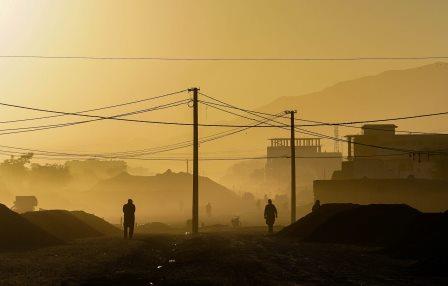
The Taliban takeover of Afghanistan has wider ramifications for the world. Among the key questions t.....
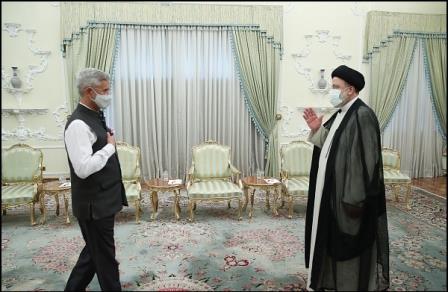
External Affairs Minister S. Jaishankar attended the swearing-in ceremony of the new Iranian preside.....
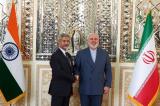
The revitalisation of ties with Iran will remain confined to the immediate issue of shared interests.....
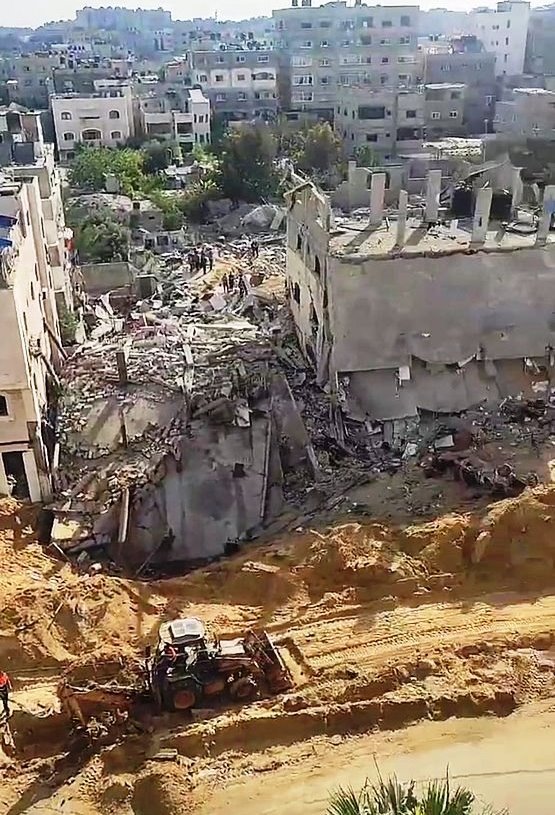
Israel and Hamas have engaged in fighting each other since 2006 when Hamas emerged victorious in the.....
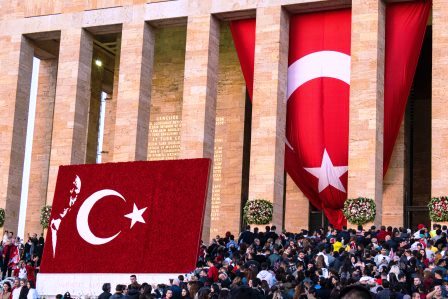
Tensions have gripped the Eastern Mediterranean (East Med) for the past few months owning to differe.....
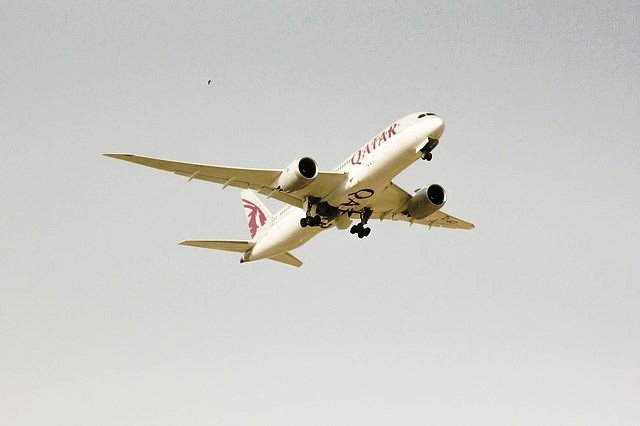
Qatar is an important country in the Gulf with which India has traditionally had strong bilateral ti.....
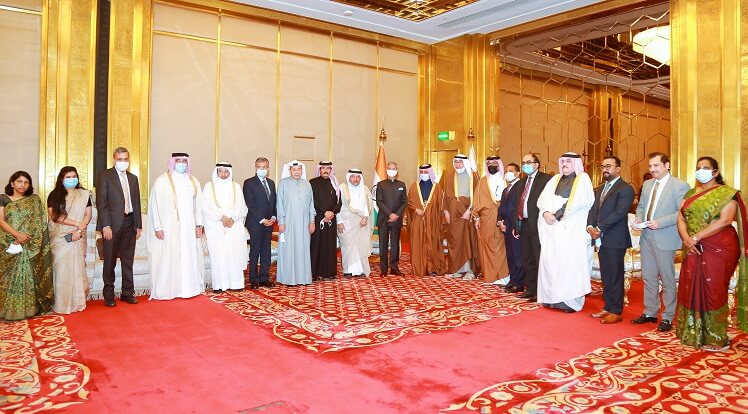
International geopolitical developments and the growing chances of friction between the global power.....
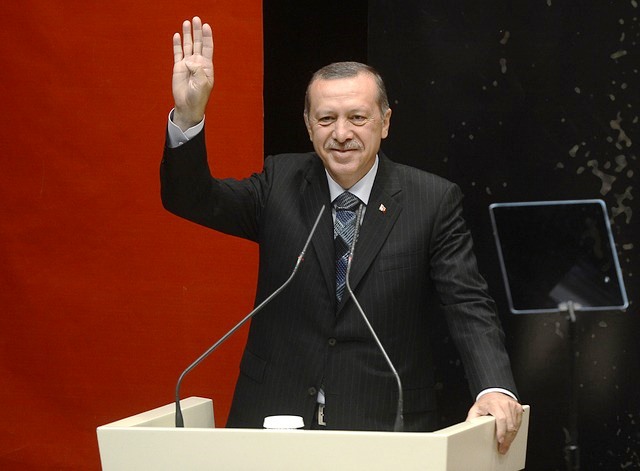
In recent years, Turkey’s foreign policy has attracted scrutiny because of its aggressive post.....
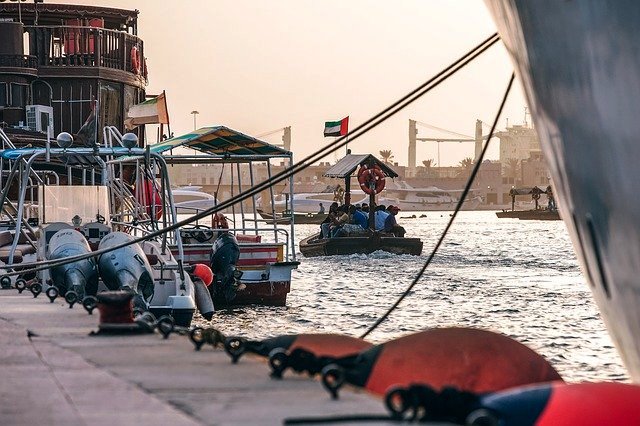
India and the United Arab Emirates share a vision for peace and prosperity. Under the leadership of .....
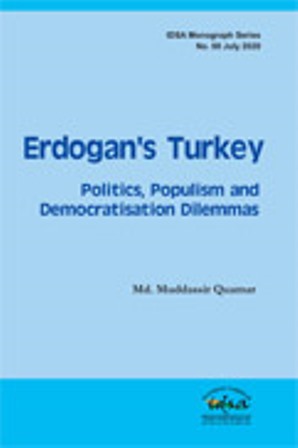
The coming to power of the AKP is one of the defining moments in the history of modern Turkey. Here .....
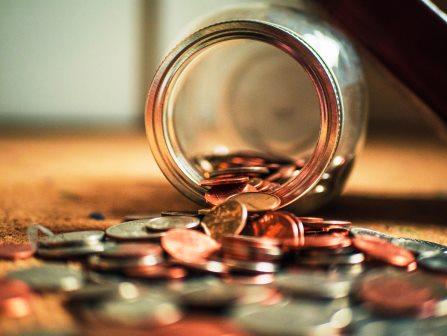
Though the news of China and Iran entering into US$400 billion agreement and Iran going ahead with C.....
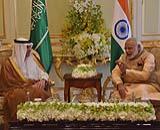
India’s relationship with the Gulf has witnessed a qualitative transformation since the August.....
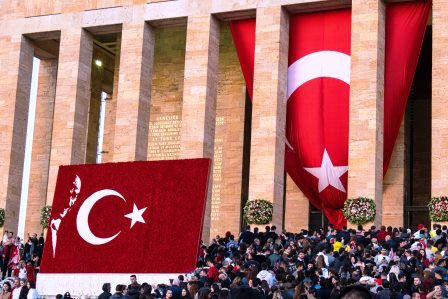
The results of country-wide municipal elections in Turkey held on 31 March 2019 threw a few surprise.....
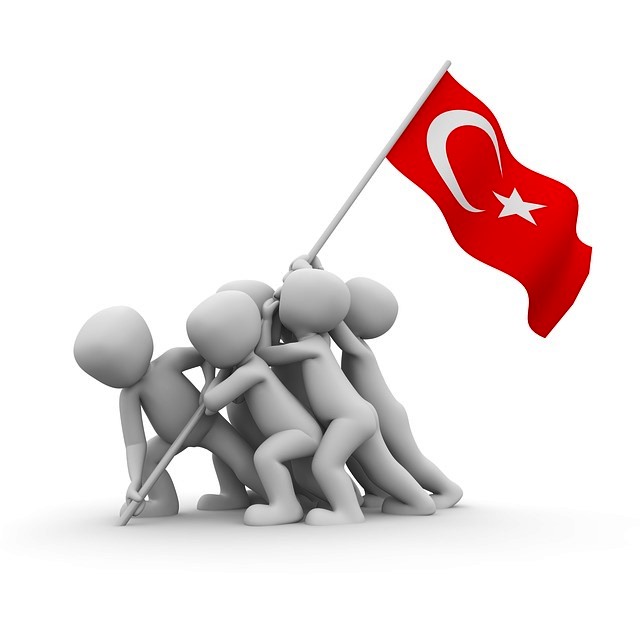
Like other parts of the world, West Asia (or the Middle East) too is hit hard by the spread of COVID.....
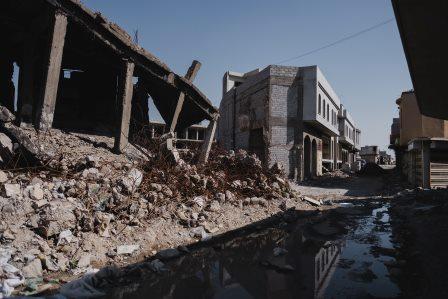
Iraq is suffering from internal divisions and external interventions for long. The problems of the p.....
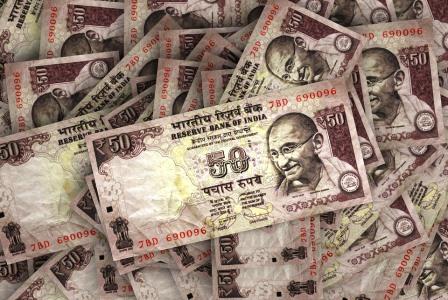
The West Asia is one of the most volatile and conflict-ridden regions in the world today. Given the .....
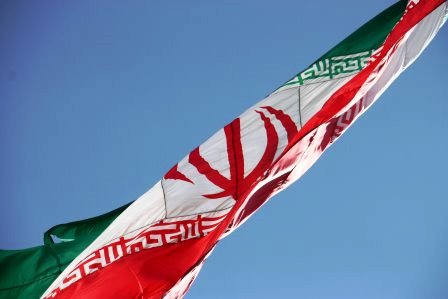
In the Persian Gulf, the New Year began with a bang. On January 3, the world woke up to the news of .....
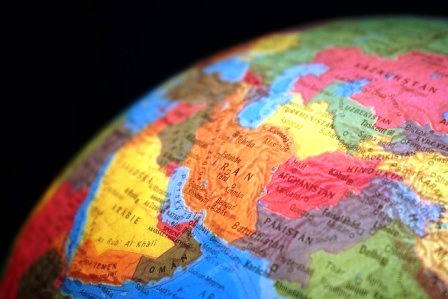
Major General Qassem Soleimani, commander of the elite Quds Force of the Iranian Revolutionary Guard.....
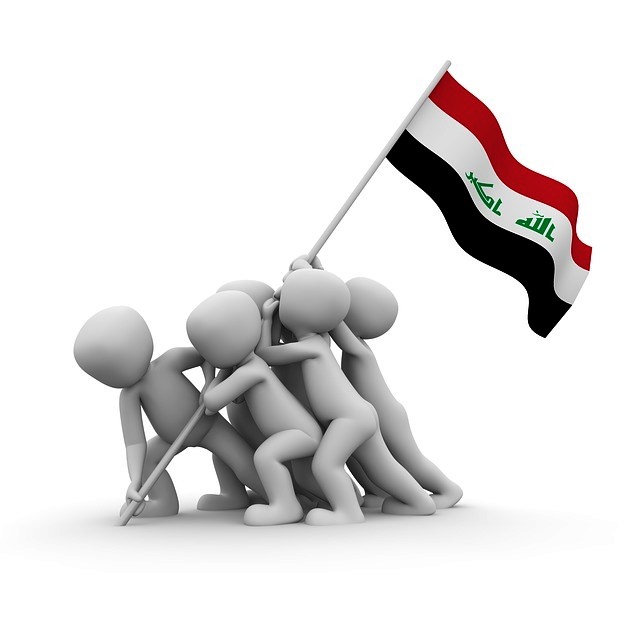
For over two months, youth in Iraq are protesting against corruption, unemployment and Iranian and A.....
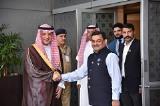
The historic relations between India and the Gulf countries have undergone a qualitative transformat.....
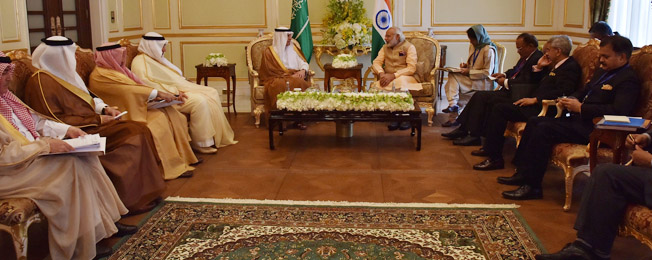
India and Saudi Arabia enjoy traditional friendly ties. Both are strategic partners and are working .....
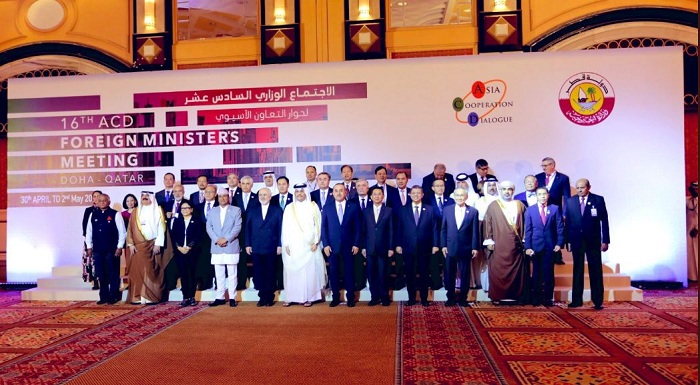
The 16th Ministerial meeting of the Asia Cooperation Dialogue (ACD) took place in Doha this week. Th.....
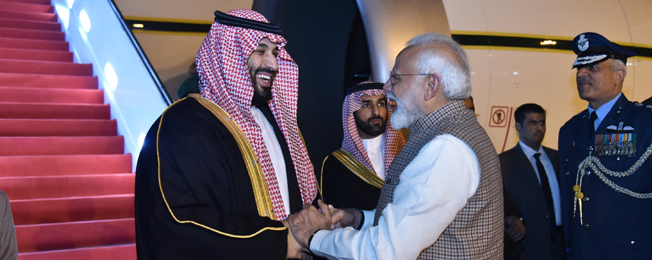
India’s relationship with the Gulf has witnessed a qualitative transformation since the A.....
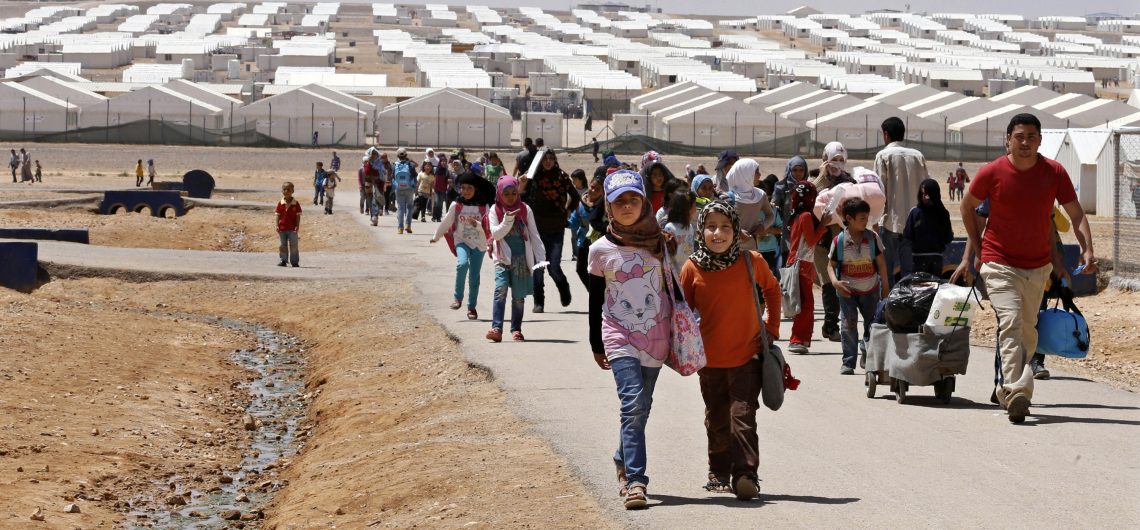
On March 24, 2019, the US-backed Syrian Democratic Forces (SDF) announced the capture of Baghouz, a .....
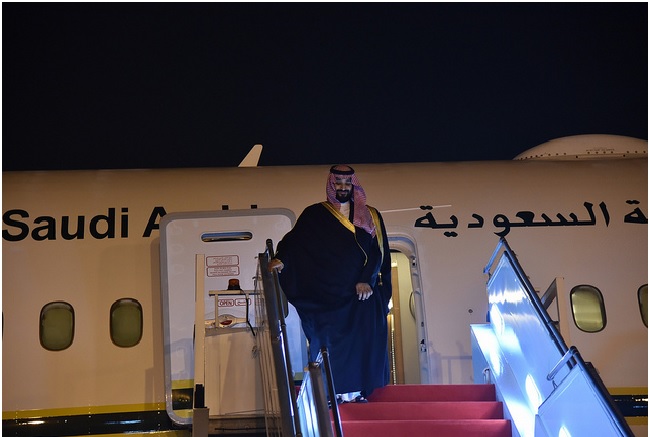
The visit of Saudi Minister of State for Foreign Affairs Adel al-Jubeir to New Delhi; close on the h.....
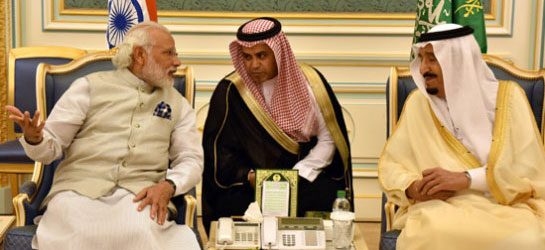
India and Saudi Arabia have increased defence and security cooperation in the fields of combating te.....
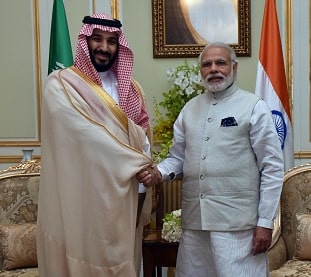
Economic and social reforms have emerged as the focus area in Saudi Arabia under the leadership of K.....
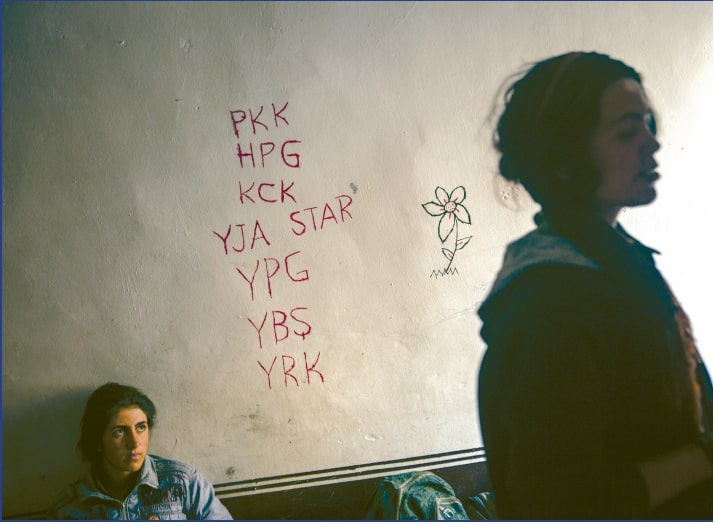
The US and Turkey are back on collision course over the Kurdish question in northern Syria. The late.....
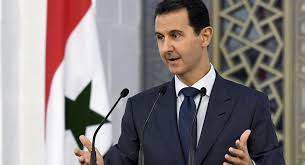
The Civil War in Syria has ravaged the country, took the life of nearly 500,000 people and has force.....

